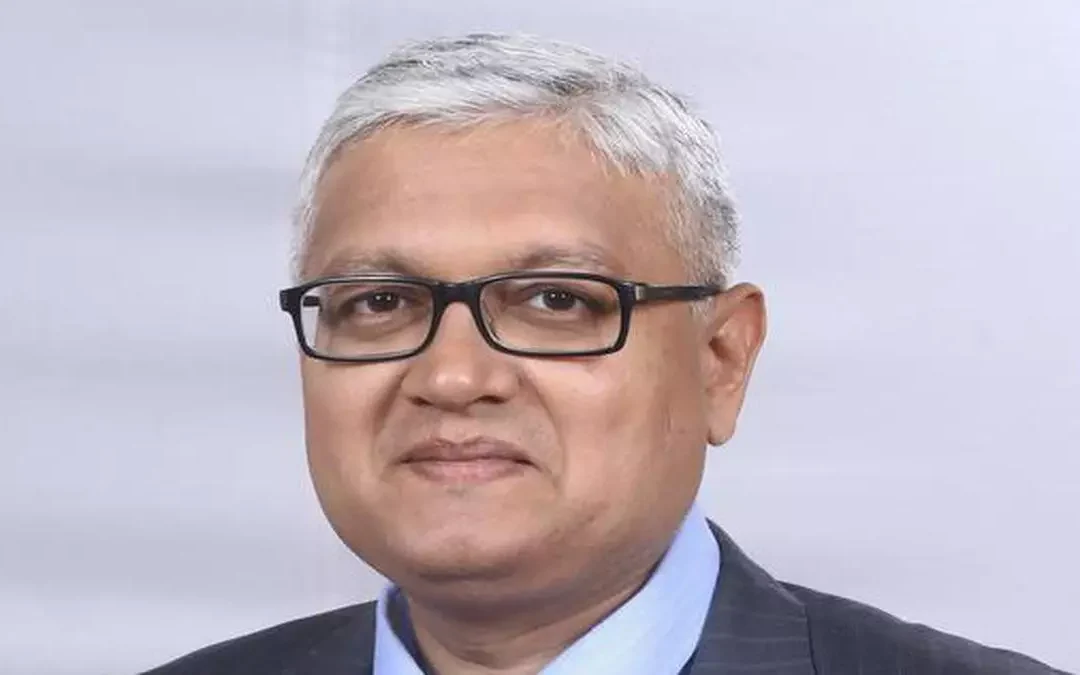Krishnan Ramachandran,MD and CEO, Niva Bupa Health Insurance
Niva Bupa Health Insurance Company has invested in building digital expertise across the entire value chain and be it onboarding customers or settling claims, everything is digital. The company is using new age technologies like artificial intelligence and machine learning for process automation, fraud mitigation and driving business revenue
Edited Excerpts:
How are you looking at business growth post Covid pandemic?
There has been an obvious shift in people’s perception and behaviour towards health insurance post Covid. The pandemic has definitely played a part in making consumers aware about the significance of health insurance as a measure for financial protection in times of medical emergency.
Today, people are more driven than ever to keep health as their top priority and are hence more focused towards purchasing health insurance compared to earlier.
Aided by regulator’s reforms and coupled with launch of innovative products by the insurers, the health insurance industry is poised to witness significant growth this year.
Niva Bupa’s gross written premiums (GWP) was Rs 1,243 crore in FY20 which grew to Rs 2,810 crore in FY 22. We recorded 45 per cent growth in the last financial year to book a total of Rs 4,073 crore GWP in FY23.
We have moved from eight position in FY20 to third position in FY23 to become the third largest player in retail health insurance today.
Our market share in the retail health insurance category has grown from 4.2 per cent in FY20 to 8.4 per cent in FY23. We will continue to maintain the strong growth trajectory in 2023.
Our business priorities this year would be to continue adding segment-based products in our portfolio to cater to different customer needs, expanding our hospital network to provide access to cashless treatment to our customers and growing our footprints in smaller cities to increase the penetration of health insurance.
Additionally, we will strengthen our digital capabilities to drive adoption and focus on right hiring.
There is great emphasis on digitisation in the health insurance sector especially with the inception of Bima Sugam by Insurance Regulatory and Development Authority of India (IRDAI). What are the key strategic pillars of Niva Bupa’s digital strategy?
We have seen quite a few changes in the health insurance sector in the last financial year which are both disruptive and benefiting for policyholders.
There has been massive emphasis on digitisation to bring in fresh waves of reform in the sector. The ongoing wave of digitisation in the insurance sector will continue to grow, especially with the inception of Bima Sugam by IRDAI, which is continuing to serve as a one-stop technology platform for all insurance needs, right from policy buying to claim settlement and much more in real-time, across life, health, and general insurance.
The initiative will enable customers to buy insurance seamlessly, and lead to greater penetration in the sector across the country.
The key pillars of Niva Bupa’s digital strategy revolves around customer onboarding, servicing, mobile app, claim management and renewals. We are working towards minimising human touch and automation of processes to save time and provide convenience to customers.
How important will technology be as a key differentiator in this competitive and growing market?
Consumers are now more comfortable transacting online. The pandemic has prompted many customers to move to digital channels for their service needs.
At Niva Bupa, we have invested greatly to build our digital expertise across the entire value chain. Right from onboarding customer to settling claims, everything has become digital.
We have digitised our underwriting and risk assessment processes. We are also enhancing our digital self-serve capabilities. Today, we are in a position to service more than 60 per cent of our policyholders entirely digitally.
More than 50 per cent of our policies get issued with zero human touch entirely digitally, and about 90 per cent of our renewals are now happening digitally. We have also enhanced our health app.
Today, a customer can use our mobile app book a teleconsultation, physiotherapy and order medicines.
Additionally, we have built an intuitive chatbot named CIA, which can address most basic servicing needs of our customers regarding policy details, claims, renewal, purchase, premium payment, among others. In fact, CIA is equipped to address queries related to Covid as well.
How are you leveraging big data, AI and ML to enhance customer experience?
Use of big data, AI and ML are helping in reshaping product designs, claims process, underwriting, as well as distribution, thus creating a better connect with customers.
We are using AI/ML for process automation, fraud mitigation and driving business revenue. In terms of process automation, we have deployed AI/ML solutions to read digitised documents using Amazon Textract in our customer on-boarding journey and apply our proprietary rule engine for decision making.
In addition to the retention models to optimise retention effort, we have a real time fraud analytics capability for claims processing which uses advanced machine learning algorithms.
In our telesales business, we have deployed lead scoring and recommendation engines to route potential leads to different caller segments in real time basis lead propensity scores.+
What have cloud technology and Amazon Web Services (AWS) enabled you to do that you could not do earlier?
AWS has empowered Niva Bupa achieve its key business goals, leading to improved end customer experiences, cost optimisation, and reduced time-to-market. AWS has empowered Niva Bupa to achieve its key business goals. We can deploy business applications on AWS cloud and improve end customer experiences with new and enhanced offerings.
We have witnessed reduced time-to-market, along with cost optimisation with enhanced operational resiliency including better uptime and high availability of critical applications.
Leveraging AWS Cloud has enabled faster API integration with partners, which in turn streamlines transactions. Further, we have been able to instill a culture of building new digital skills and processes.

